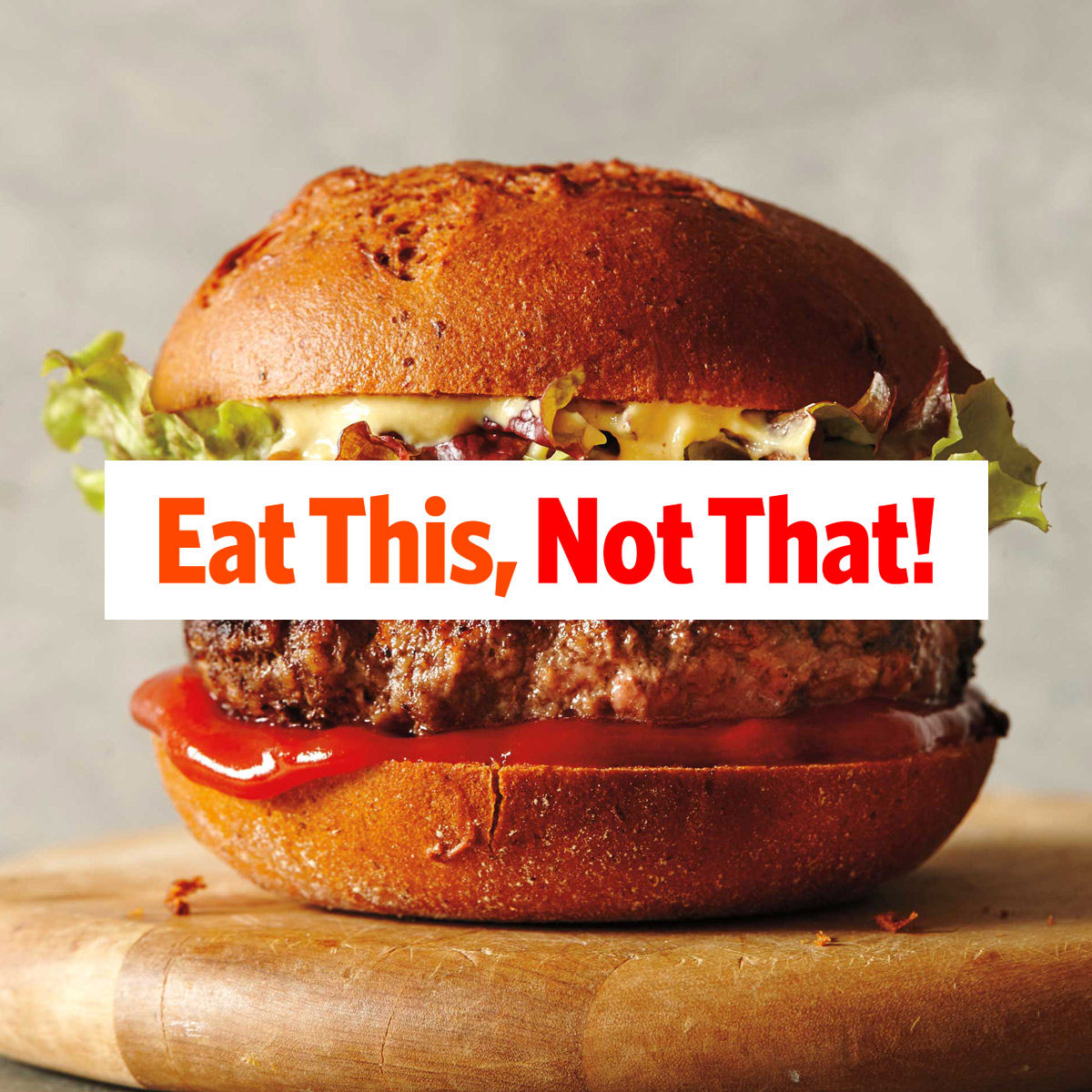
It is always when you least expect it that hiccups arrive and will not go away. There are endless myths linked to hiccupping, why it happens and how you can make them disappear, but ultimately, it’s just an involuntary spasm of the muscle in your diaphragm. We’ve heard all the silly tips and tricks about how you should get rid of the hiccups, but which ones actually work and how do hiccups occur in the first place? We reveal all you need to know…
What are hiccups and what are the causes of them?
A hiccup is a sudden, involuntary contraction of the diaphragm muscle.
The sound is created by the vocal cords snapping shut as a reflex to the muscle spasm.
The hilarious sound is caused by a number of factors, but they are usually quite random and do not last very long.
Hiccups typically are not dangerous and can be cured, or will stop by themselves in a short period of time.
You should not worry about hiccups unless it is obviously a medical emergency.
But if they last longer than a few hours and are disrupting your daily life, such as affecting your eating or sleeping habits, you should visit your GP.
How to get rid of hiccups
There are a number of things you can do to get rid of persistent hiccups, most of which do not require any special remedies or include things you already have in the cupboard.
Many people swear by the following methods, but they’re to be taken with a grain of salt as there is no medical evidence proving they work for everyone.
Pull your knees up to your chest and lean forward
This helps to compress the chest and place gentle pressure on your diaphragm, hopefully restricting and then stopping the contractions.
Drink a glass of water (and try it upside down)
This is mainly a distraction technique which gets your mind off the hiccuping.
READ RELATED: World Health Organisation's chief declares 'new and dangerous phase' of pandemic
Ice water is also meant to help, as is drinking the water whilst you are upside down.
Although this is not a medical recommendation, it is likely this works due to it requiring some concentration.
Hold your breath
Everyone knows this one, try holding your breath for as long as reasonably possible, breathing heavily in and out each time, and repeat this process.
Bite on a lemon or taste some vinegar
Biting on something bitter like lemon targets the vagus nerve, which runs from the brain to the stomach.
This sends signals to the brain, telling it to switch its focus from hiccups to the sharp taste instead.
This tip also works if you use vinegar or anything as strong-tasting.
Avoid certain foods and drinks
According to the NHS, spicy food, carbonated drinks, chewing gum and alcoholic beverages are all huge triggers for hiccups, so if your hiccups are bothering you, consider giving this food the boot.
Give up smoking
Smoking could also be a reason behind your hiccuping, so you should consider quitting.
Source: Daily Express








